This year, the different cinemas will not be conjugated in the masculine plural. From the teaching of gender in public schools to the feminization of the French language and, of course, the #metoo movement’s focus on sexism in the workplace, recent societal debates invite us to rethink our relationship to gender and feminism. Cinema has not remained impervious to them, and in the same way that these debates have permeated the industry and inhabited the subjects of films, we argue that they also mark our aesthetic approaches.
In 1975, in her pioneering article “Visual Pleasure and Narrative Cinema,” critic Laura Mulvey coined the notion of male gaze to describe the way in which an entire swath of popular culture - classic Hollywood cinema - is structured by the heterosexual male gaze, not only in terms of representations, but more profoundly in terms of filmic language itself. On the scale of feminist film criticism, Mulvey’s contribution is an earthquake that continues to inform our vision, and our ways of making films in turn. Moreover, feminist criticism has taught us all too well to perceive the marginal place of women directors within the canon of film history.
With these lessons in mind, we wanted to place this edition of the festival under the benevolent auspices of a non-masculine approach to visual experimentation, where the relationship to gender would be explored by giving the floor exclusively to filmmakers and artists who are identified as women and trans.
What relationship to cinema do women develop when their desire is directed towards other women? Through which images, which visual references do trans people find reflections of their experience? These questions feed our curiosity. Although we cannot guarantee that a session where no film is directed by a cisgender man (meaning non-trans, i.e. assigned as male at birth) will have a particular flavor, the hypothesis being exciting, it made us want to give it a try. This project would have in any case, as other festivals in Ile-de-France and elsewhere, the merit to put forward and maybe reveal talents for some confidential, for others forgotten, or never visible enough.
In the same way that we expressed, last year, our familiarity with the “waste” that experimental cinema had represented within the film industry, women, too, have been able to constitute a political minority, relegated to the margins. Obtrusive when they walked in the street, objectified when they appeared on screen, shouting to claim their rights, and above all taking the camera without authorization, without external validation.
We welcome and receive this legacy of a cinema that did not wait to be given a voice.
This year’s program does not seek to highlight women’s issues as the only theme. It is about showing that where we talk about “minorities”, fragile, there are countless spaces of creation, intimate stories, body stories, sexual tales and liquid fables. Fluids that flow like words that spill out. Witches have been these images that express our lives and experiences. They do not apologize for the conventions of a cinema that did not recognize them: they take a thousand forms and do not respond to any genre.
From the intimate to the collective, our history is that of a commonality but cannot ignore the specificity of the struggles that have developed on all continents. If the history of feminist and LGBTIQ struggles was first and foremost that of rights, the lesson we learn today is that of a heritage from which the struggles that have forged our communities converge: from the United States to France, through Finland, Serbia, from Latin America to Taiwan. We must reclaim our history, for it is as much the history of our bodies as it is of our lands, which we are reclaiming.
Under the earth, our underground poetics shine and sparkle: scraps, waste, mutate into precious objects, now subjects, that make the earth vibrate and our bodies rumble. They are the scattered memories of all these populations that we wanted to silence. We hear these voices, look at these images, and we realize that we still have a lot to say and to show.
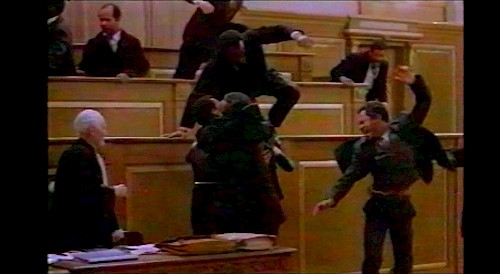
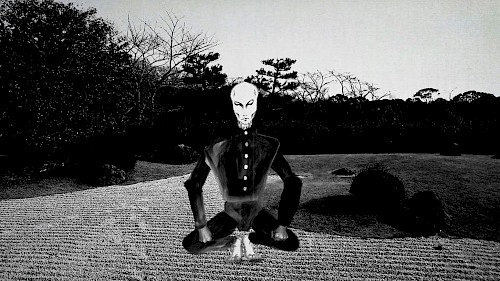
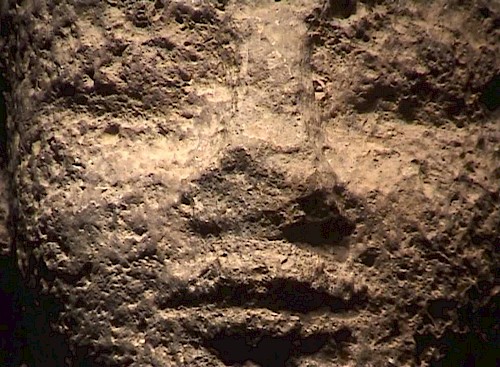


















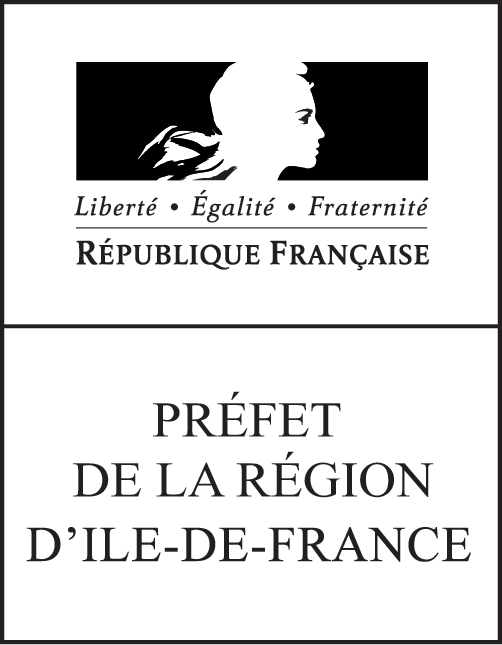
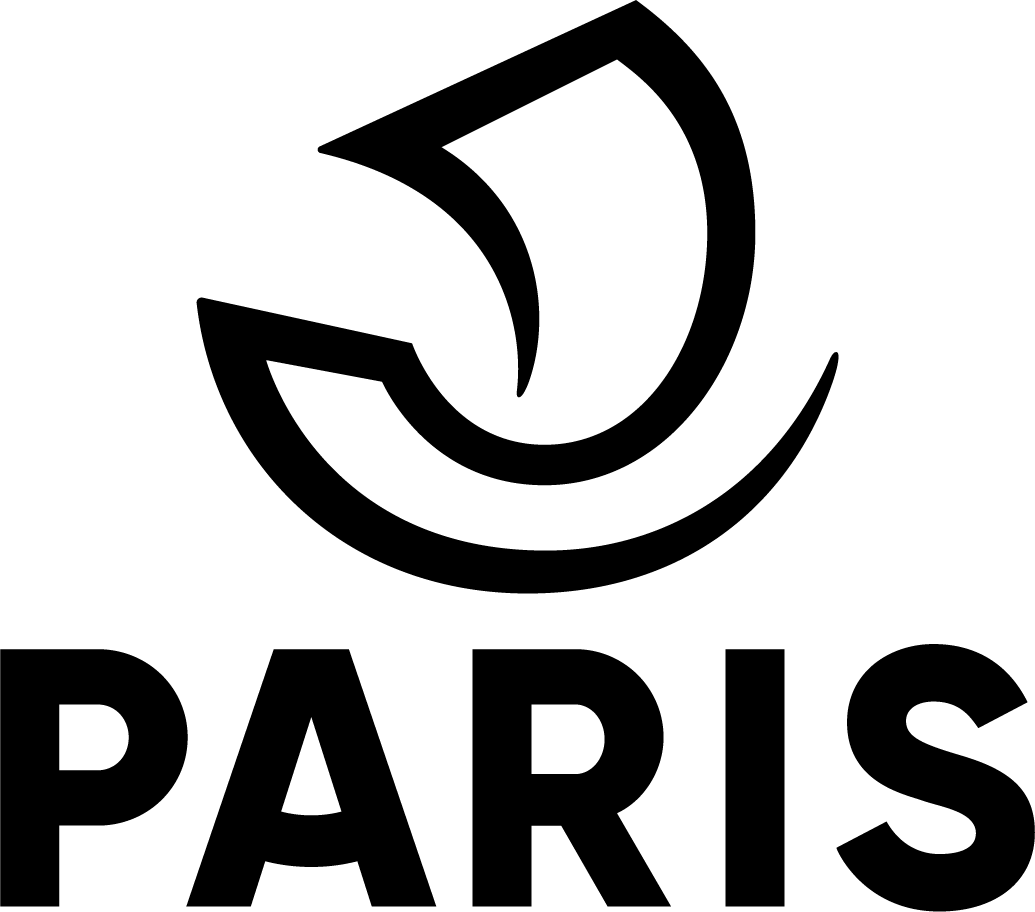
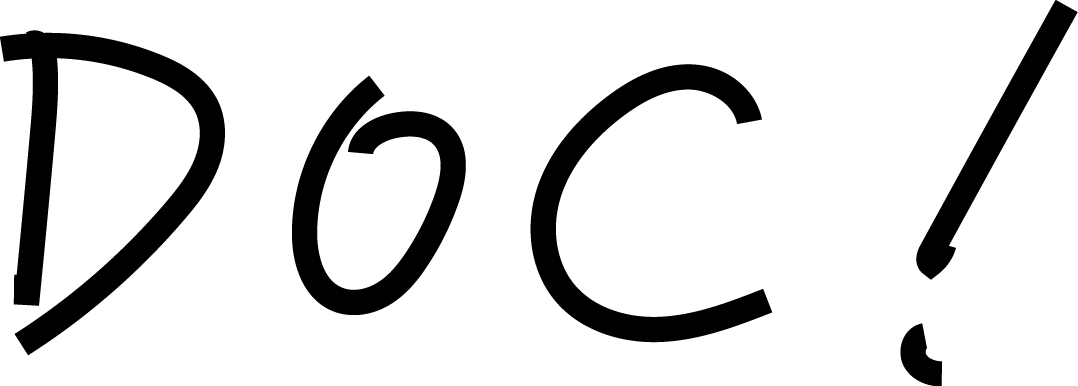
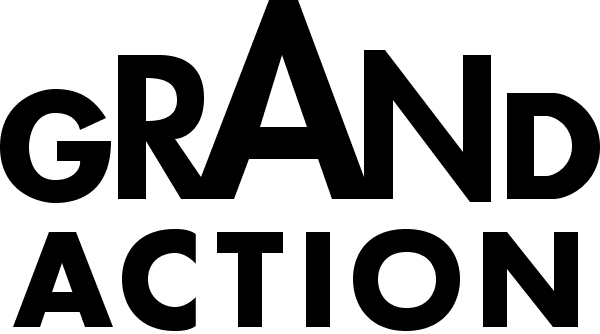





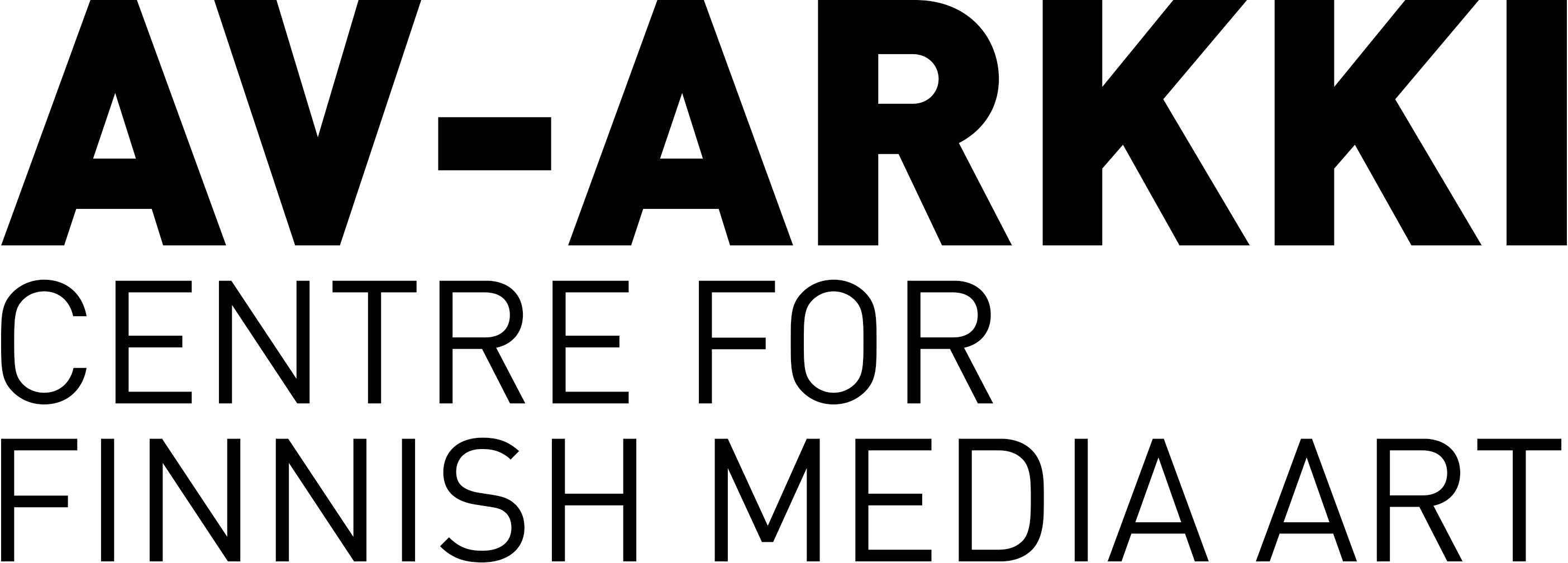
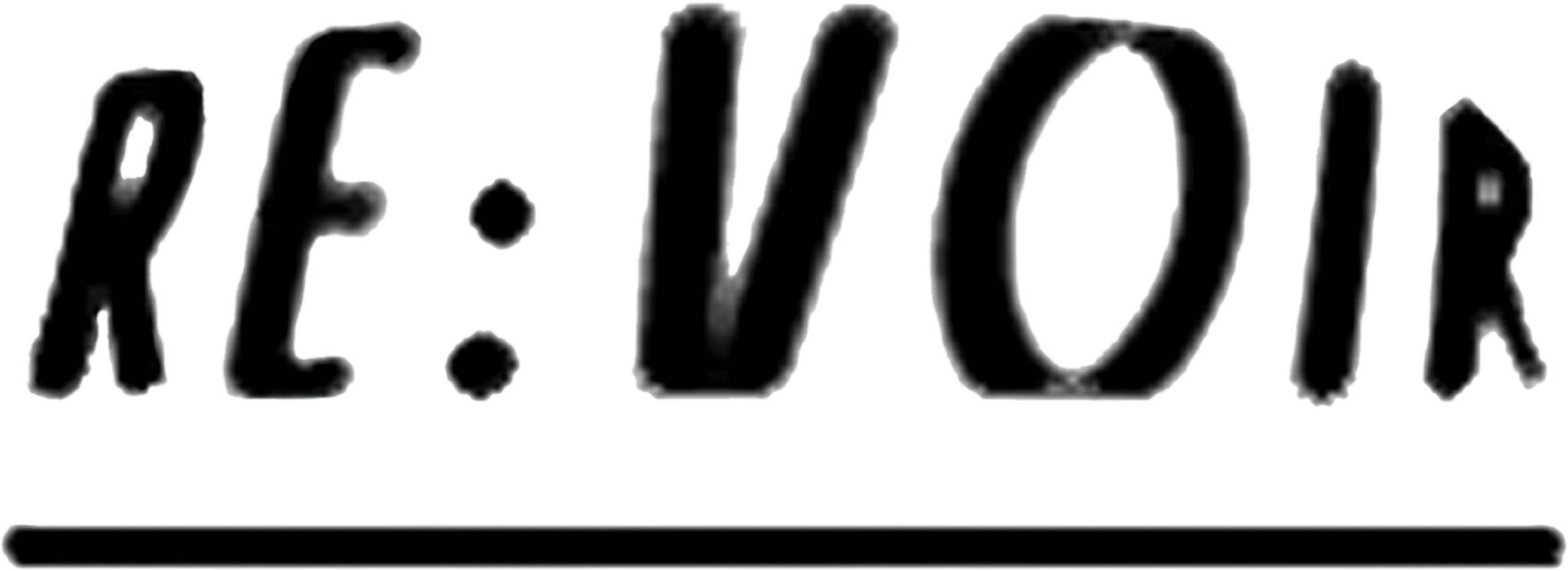

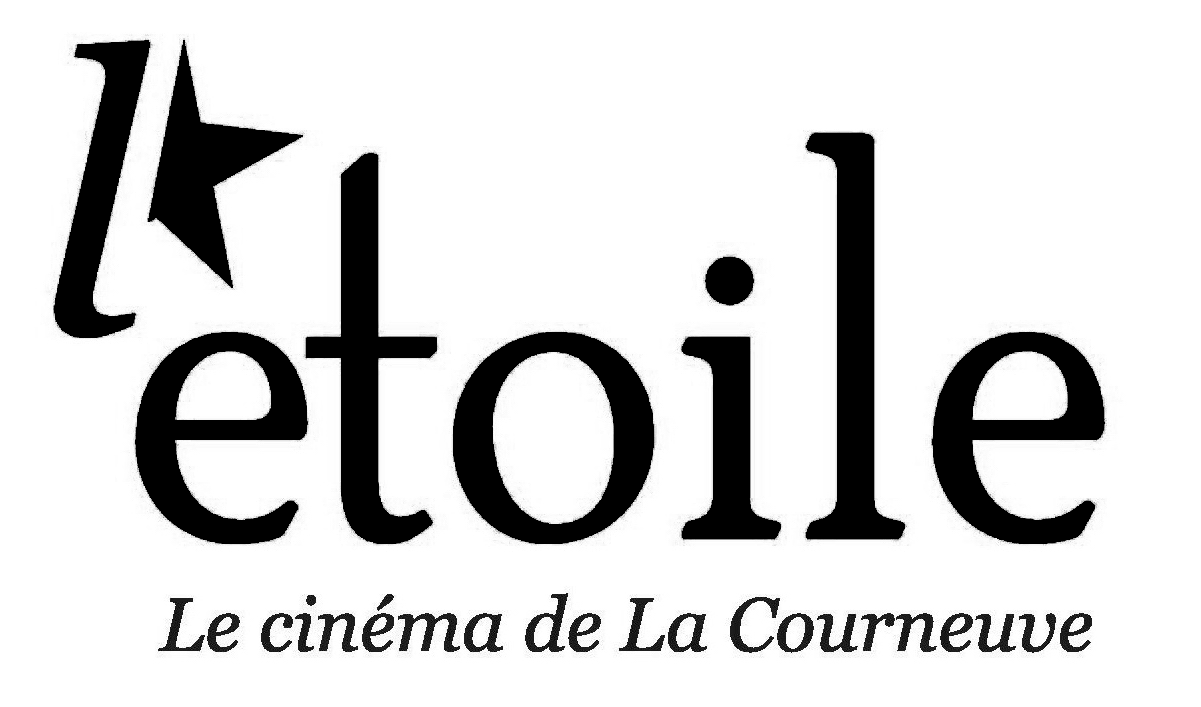
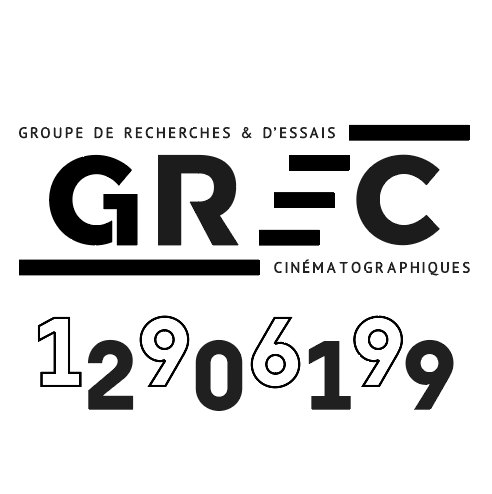

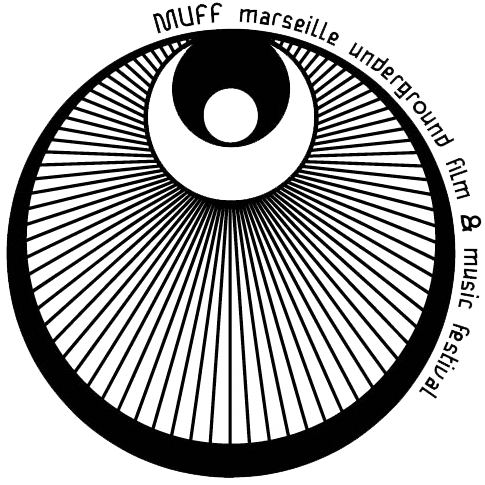
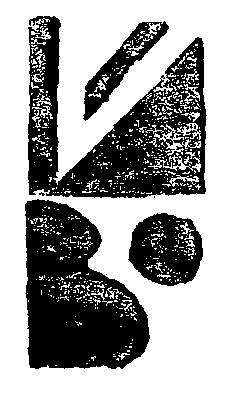

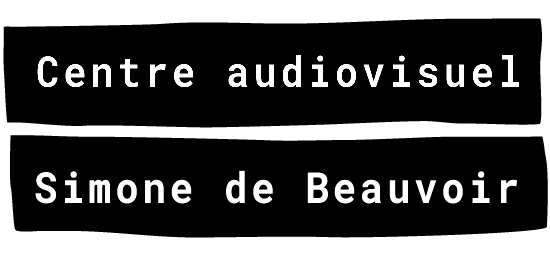

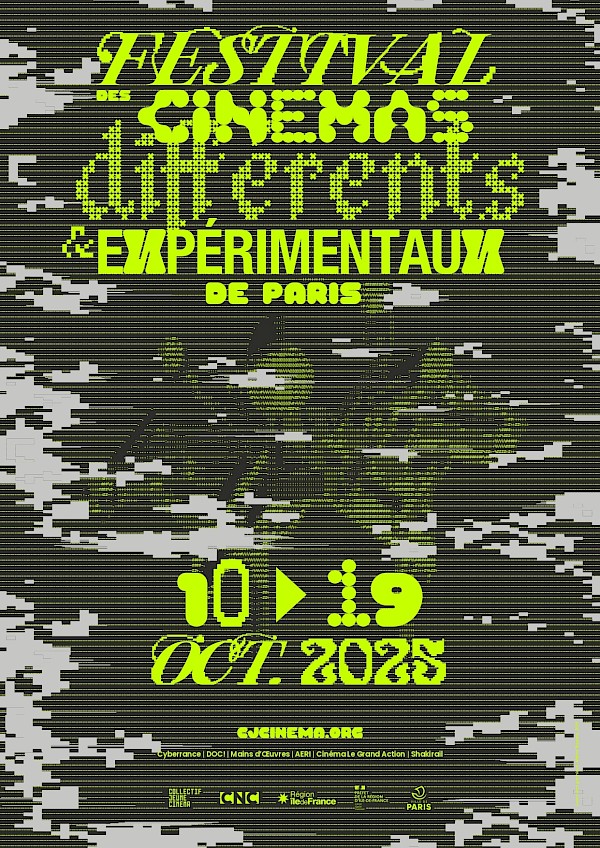 27th edition
27th edition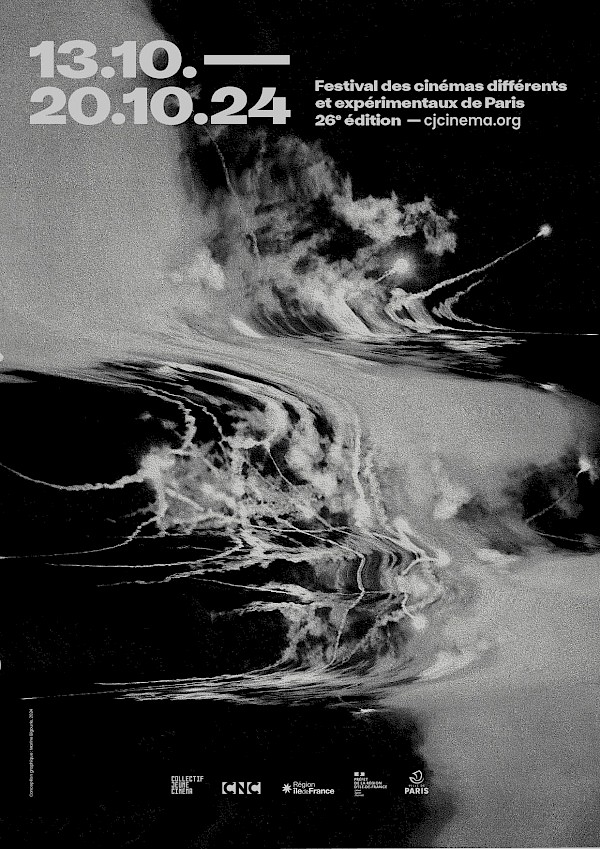 26th edition
26th edition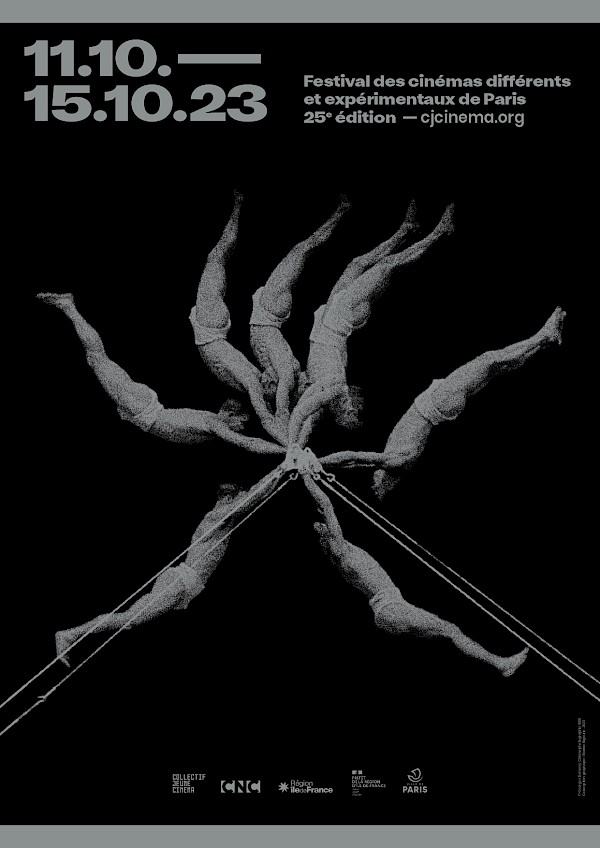 25ème édition
25ème édition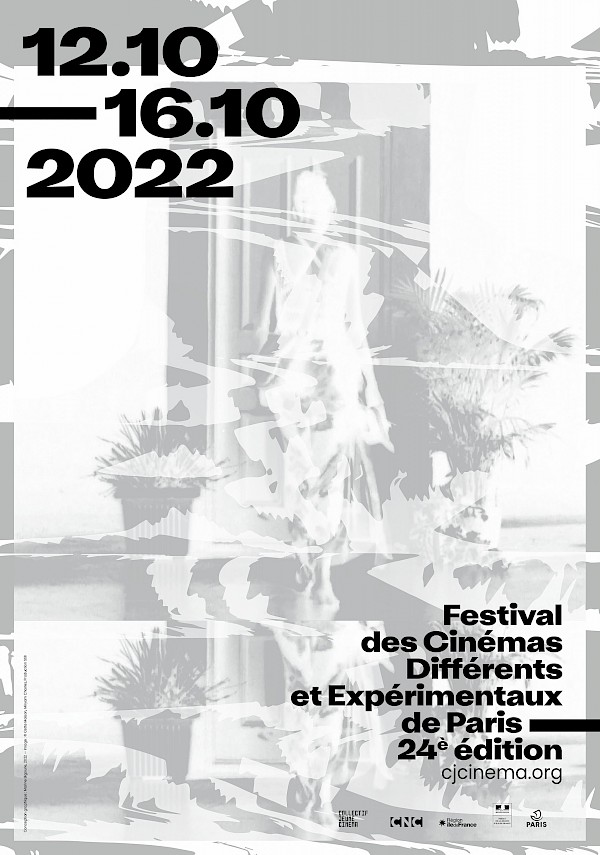 24ème édition
24ème édition 23rd edition
23rd edition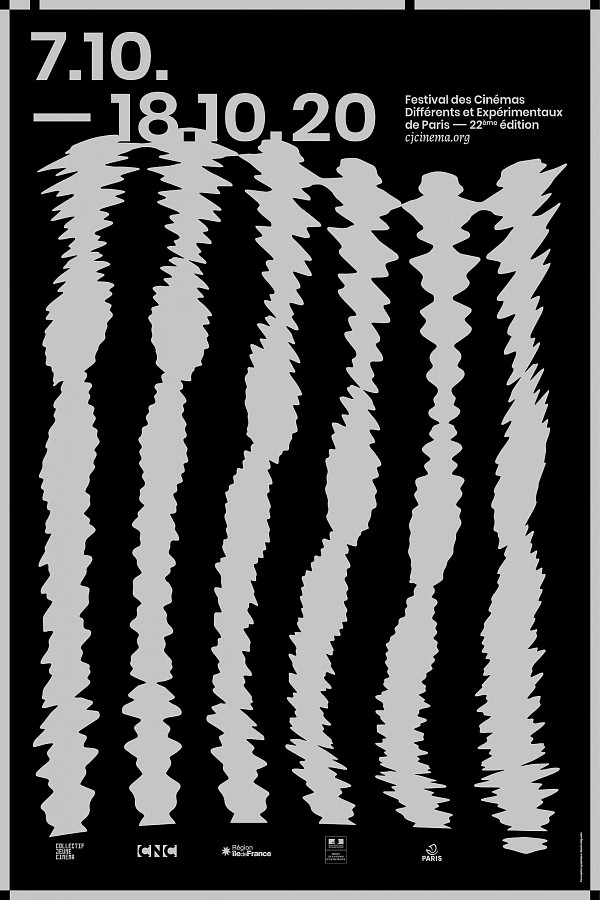 22nd edition
22nd edition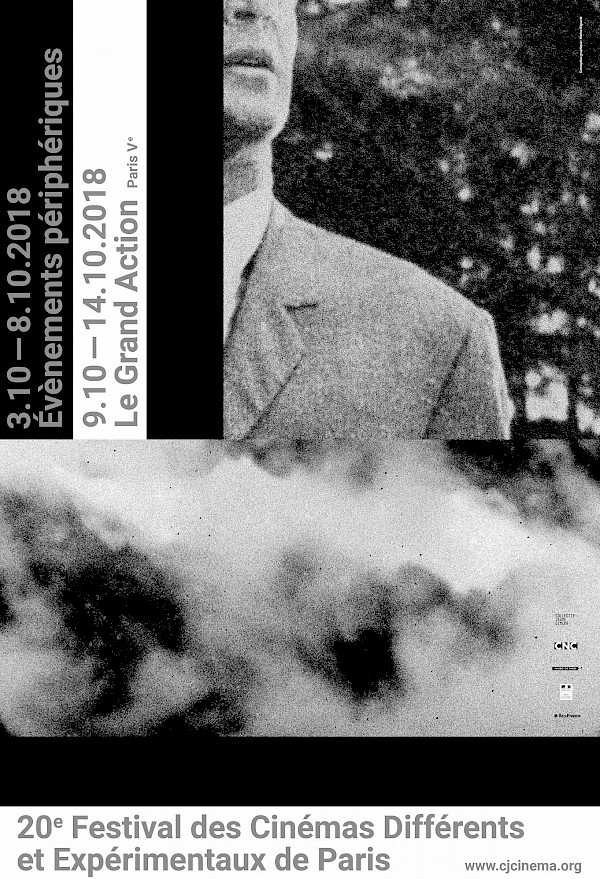 20th edition
20th edition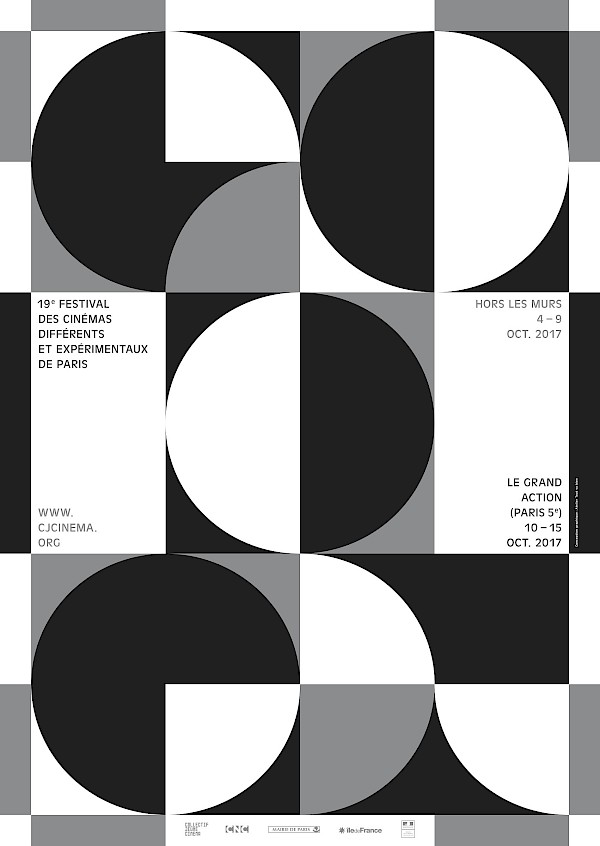 19th edition
19th edition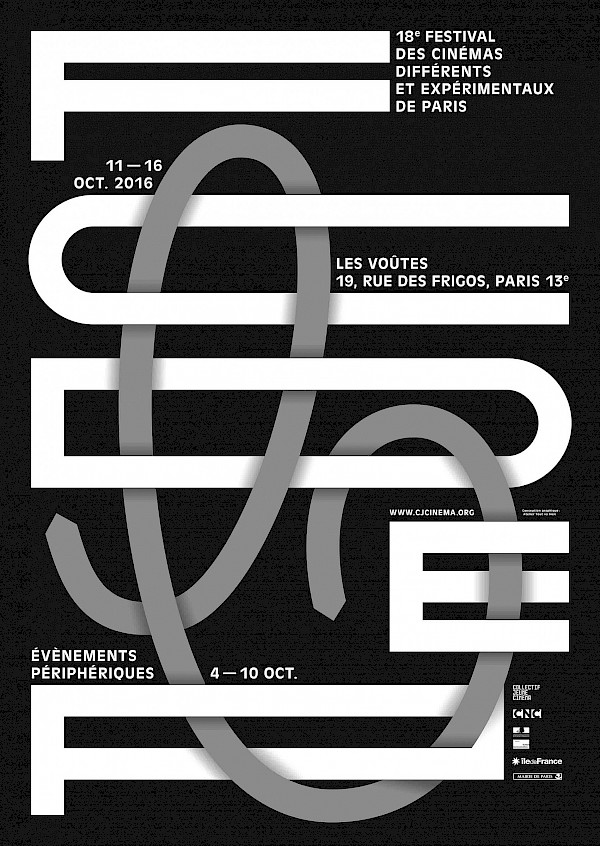 18th edition
18th edition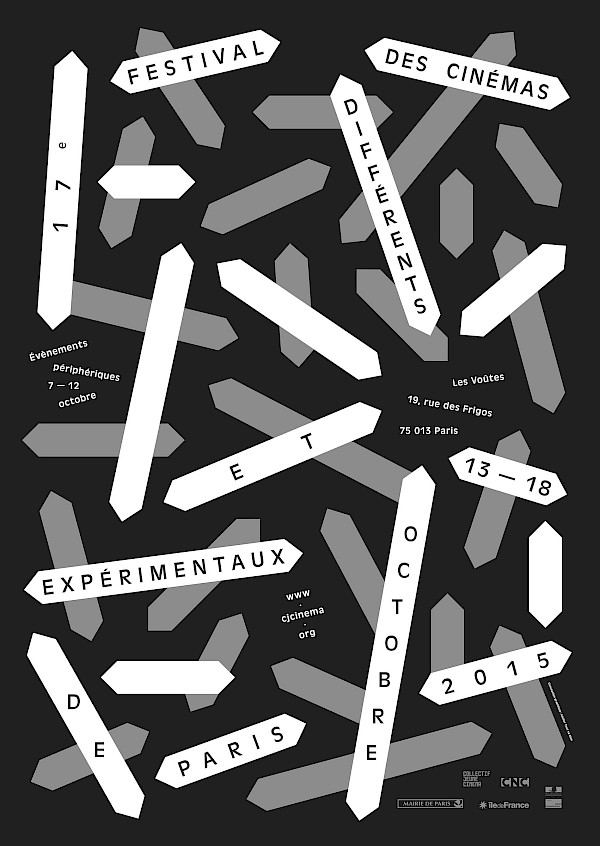 17th edition
17th edition